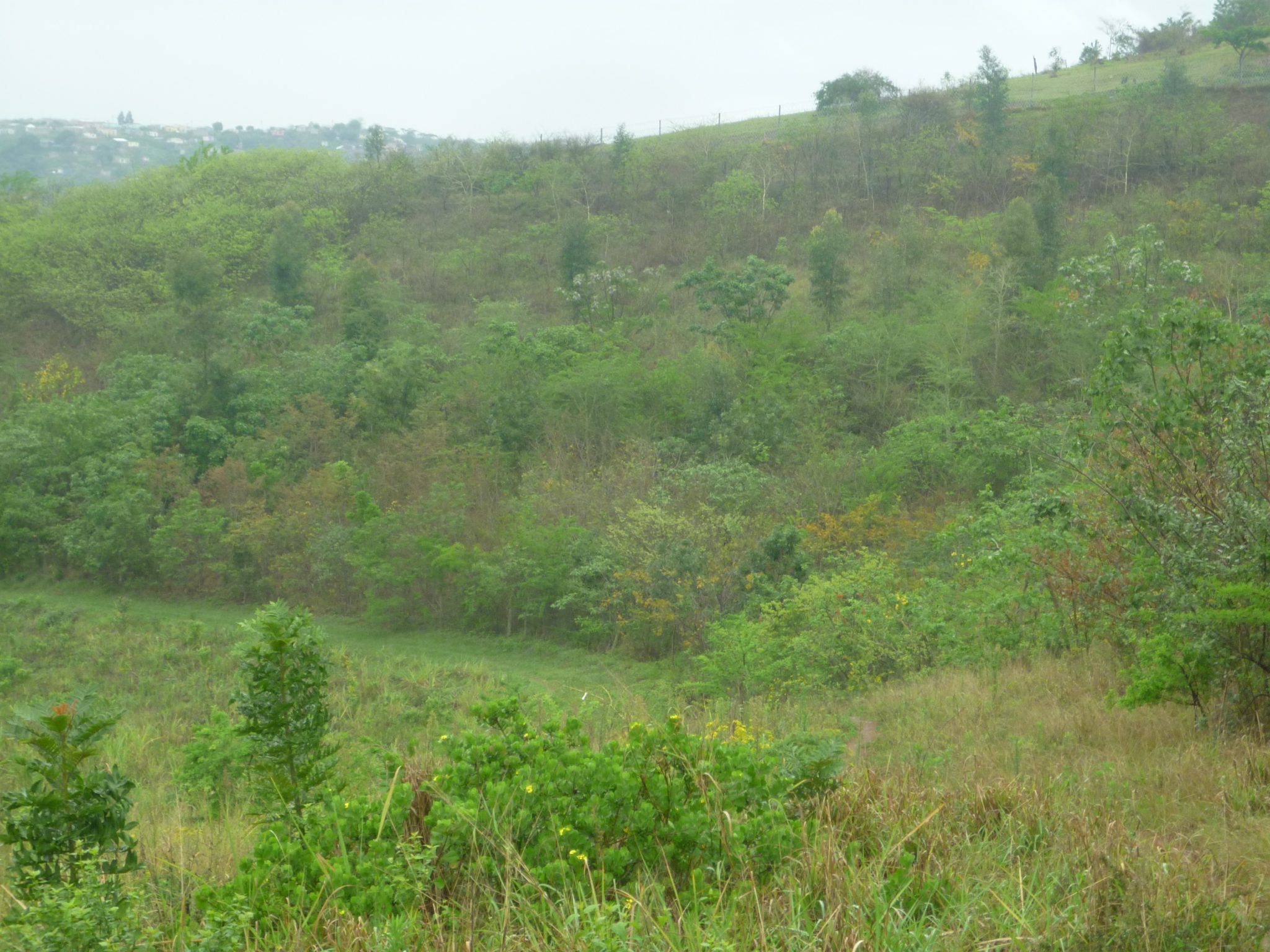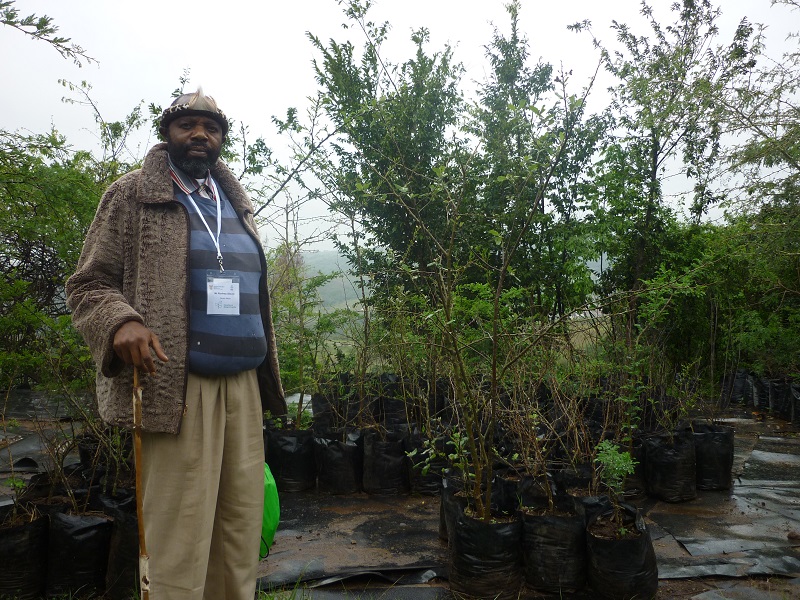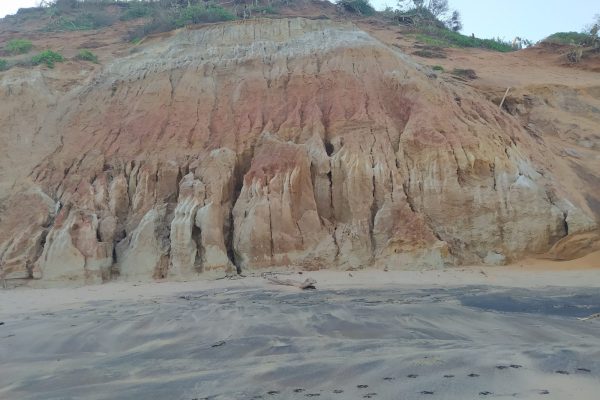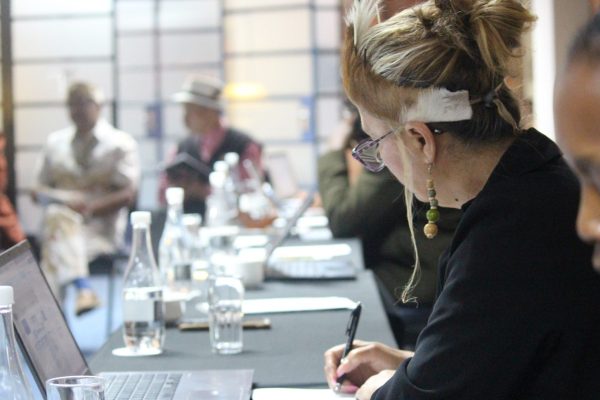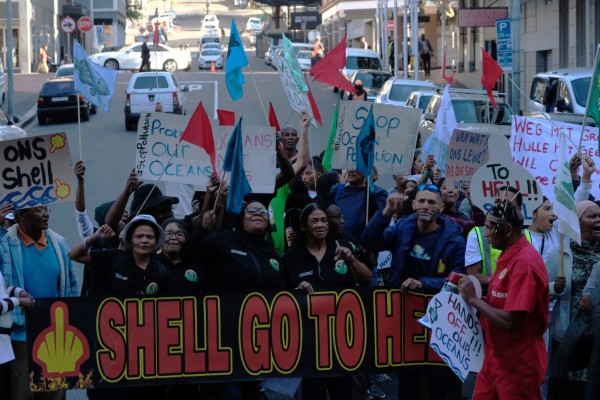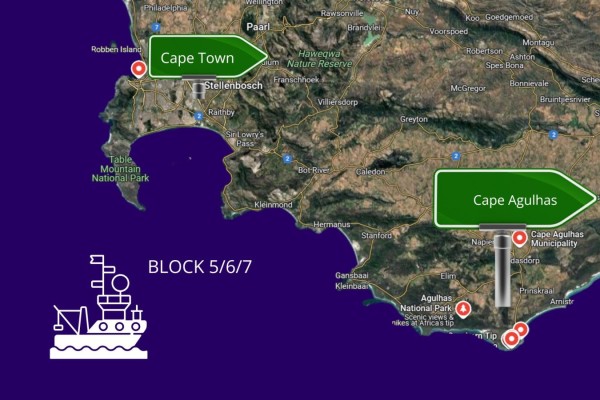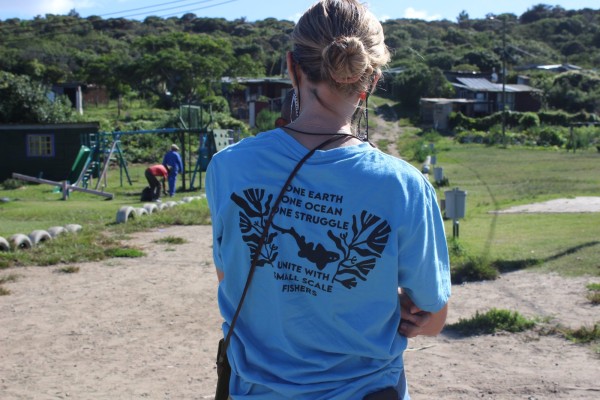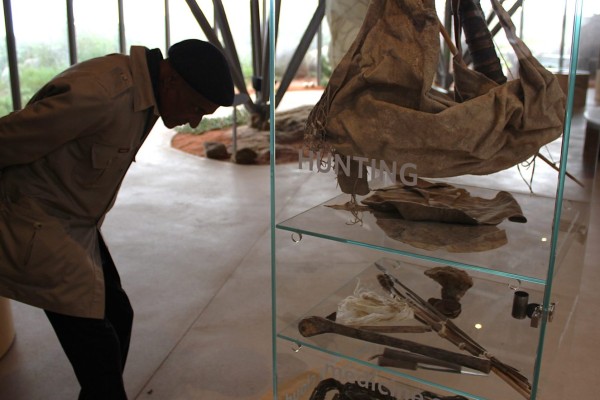The Convention on Biological Diversity (CBD) is an international agreement which entered into force in 1993 and its main objectives are the conservation of biological diversity, the sustainable use of components of biological diversity, and fair and equitable sharing of the benefits arising out of the utilization of genetic resources. In 2010 the Conference of the Parties met in Nagoya, Aichi Prefecture, Japan and adopted a revised and updated Strategic Plan for Biodiversity, which included the Aichi Biodiversity Targets for the 2011-2020 period. These targets include halving or bringing to zero the loss of natural habitats including forests, that ecosystems which provide essential services, including services related to contributing to health and livelihoods are restored and safeguarded taking into account the needs of local communities, and that by 2020 the traditional knowledge, innovations and practices of local communities relevant for biodiversity conservation are respected and integrated into the implementation of the Convention.
The Capacity-development workshop for Central, Eastern and Southern Africa on the restoration of forests and other ecosystems to support the achievement of the Aichi Biodiversity Targets, was held on 2-6 October, in Durban, South Africa. The workshop was organised by the Secretariat of the CBD and its overall aim was to support Parties in carrying out national plans on ecosystem restoration, with a focus on forests.
During the workshop participants discussed the policy landscape, key activities of the Action Plan, including assessing opportunities for ecosystem restoration, planning and implementing restoration activities and monitoring and feedback. Mr. Rodney Sibuyi, Chief Executive Officer (CEO) of the Kukula Traditional Health Practitioners Association was invited to present. During his presentation ‘Sustainable harvesting of medicinal plants in Protected Areas as a means to conserve and restore ecosystem services’ Mr. Sibuyi shared how the Kukula have been engaging with protected areas managers, including sharing their knowledge regards medicinal plants species in high demand in buffer zones areas, and working with nursery staff to identify species which could be easily propagated and shared with communities for planting in home gardens. Additionally, the Kukula are engaging with SANParks on their Pepper Bark project. Pepper Bark (Warburgia salutaris) is a tree found in savanna woodlands in southern Africa, it’s bark is highly sought after by traditional healers and its utilization has been cited as a major threat by the IUCN, indeed the species is classified as an endangered species on the IUCN Red List. SANParks have been growing hundreds of Pepper Bark seedlings in their nursery, and are distributing them to communities within the buffer zone of Kruger National Park. The Kukula have volunteered representatives to be included in the training, who will then train their wider members regards caring for the seedlings and promote harvesting their leaves rather than the bark. Mr. Sibuyi also shared how the Kukula have been using their biocultural community protocol to engage effectively with stakeholders and to gain greater formal recognition in their area. Engagement with stakeholders such as government agencies responsible for conservation is a complex and lengthy process, however, the Kukula are willing to expend considerable time and effort in the hope that their aims of stewarding and sustainably managing medicinal plants for the benefit of their wider communities, to whom the Kukula provide valuable healing services, can be realized.
Mr. Sibuyi and workshop participants also had the opportunity to visit the Buffelsdraai Landfill Site Community reforestation project, and learn about eThekwini Municipality’s approach to restoring forest ecosystems. On his return home Mr. Sibuyi will share resources and his perspectives on the workshop with Kukula members, and Natural Justice will continue to facilitate supporting the Kukula to engage with Protected Areas managers in their area.
